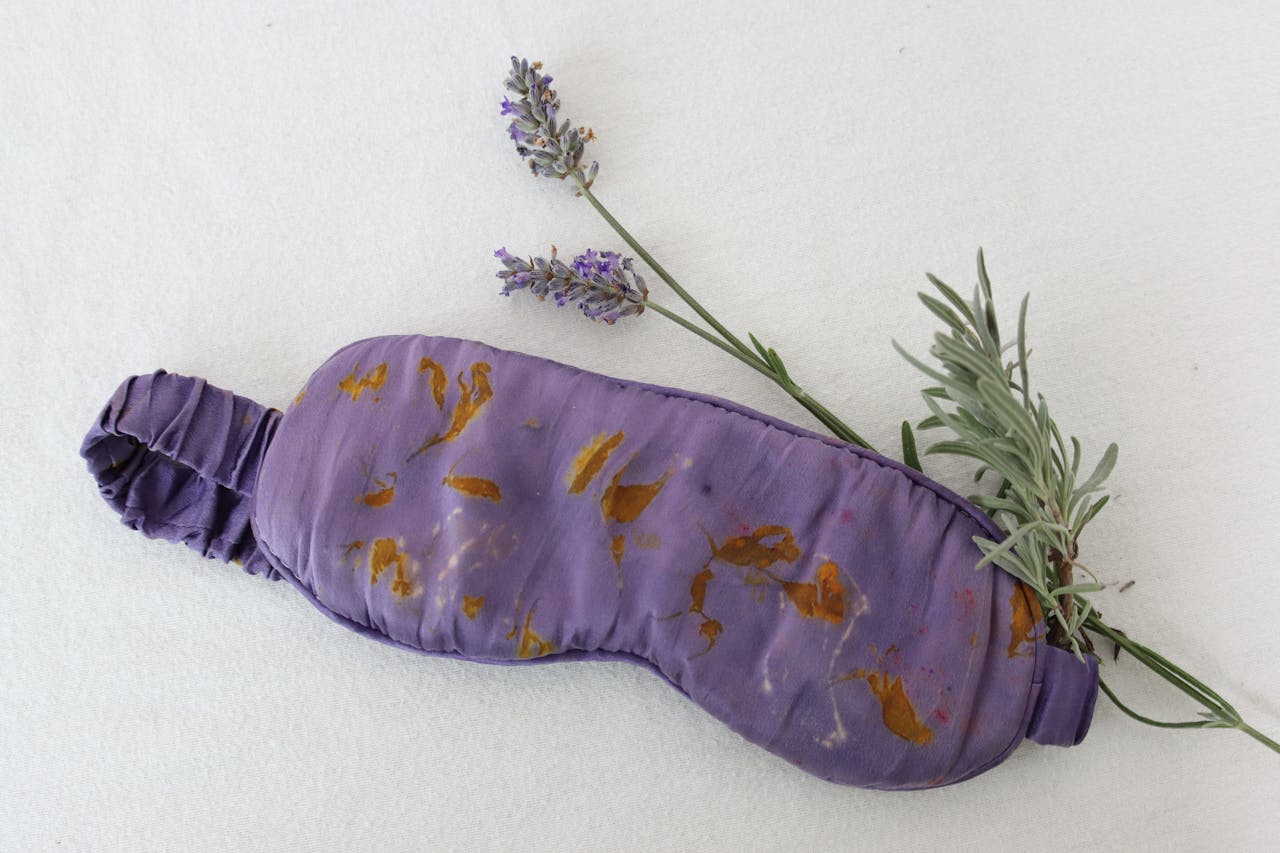Hey there! 😊
Let’s dive into a topic that’s often overlooked but is crucial for our well-being: the connection between inflammation and sleep. 😴 It might surprise everyone to learn that inflammation can disrupt our sleep, and conversely, a lack of quality sleep can worsen inflammation patterns (or if you’ve been reading and learning with me throughout these months, probably not. 🫣). It’s a bit of a vicious cycle, but understanding it can empower us to take control of our health.
Inflammation is our body's natural response to injury or infection, but when it becomes chronic, it can lead to a range of health issues. One of the ways chronic inflammation can manifest is through sleep disturbances. 🙈 Research shows that elevated levels of inflammatory markers can interfere with our sleep cycles, leading to difficulties in both falling and staying asleep. Think about those nights when we just can’t seem to settle down—often, our bodies are battling inflammation, making it hard for us to relax and drift off. 😐
On the flip side, poor sleep can exacerbate inflammation. When we don’t get enough restful sleep, our bodies produce more stress hormones like cortisol, which can fuel the inflammatory process. This creates a cycle where inflammation affects our sleep, and our lack of sleep further increases inflammation. ♻️ It’s a challenging situation that many of us face, especially in today’s fast-paced world.
So, what can we do to break this cycle? Here are some tips for improving our sleep quality, which in turn can help manage inflammation:
Create a Relaxing Bedtime Routine: Set aside time each evening to unwind. Whether it's reading, meditating, or enjoying a warm bath, creating a calming pre-sleep ritual can signal our bodies that it’s time to rest. 🧘♀️
Limit Screen Time Before Bed: The blue light emitted by our devices can interfere with melatonin production, the hormone responsible for sleep. Let’s aim to unplug at least an hour before bedtime. 📱
Maintain a Consistent Sleep Schedule: Going to bed and waking up at the same time each day helps regulate our body's internal clock, improving our overall sleep quality. 🕧
Focus on Nutrition: Certain food, such as fatty fish, nuts, and leafy greens, are known for their anti-inflammatory properties. 🥗 On the flip side, we should try to avoid processed foods and sugar, which can contribute to inflammation and disrupt our sleep. 🚫🍬
Incorporate Relaxation Techniques: Deep breathing, yoga, or gentle stretching can help calm our minds and bodies, making it easier to drift off. And hey I love listening to some ASMR too! Wood tapping, anyone? 😝
Last but definitely nor the least, here’s where our lovely 🪻Oleia Lavender Oil🪻 comes into play! Lavender is renowned for its calming properties and can be a game-changer for our bedtime routine. Applying a few drops of Oleia Lavender Oil before bed can help ease muscle tension and promote relaxation, creating the perfect atmosphere for restful sleep. The soothing aroma not only calms our minds but can also enhance sleep quality, making it a wonderful addition to our nightly ritual. The ingenious anti-inflammatory blend that makes up Oleia is sure to help out too. 😉
By prioritizing our sleep and incorporating anti-inflammatory strategies, we can break the cycle of inflammation and poor sleep. It’s all about nurturing our bodies and giving ourselves the rest we need to recover and thrive. So good night, and sleep tight (Oleia can help with bed bug bites too. 😝). 🌛 Show me your bottle, and I’ll show you mine? 'Til next time! 💤
xo, L




